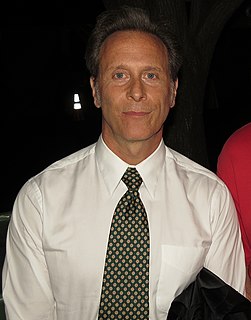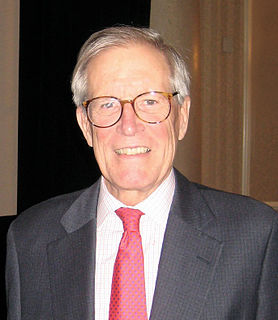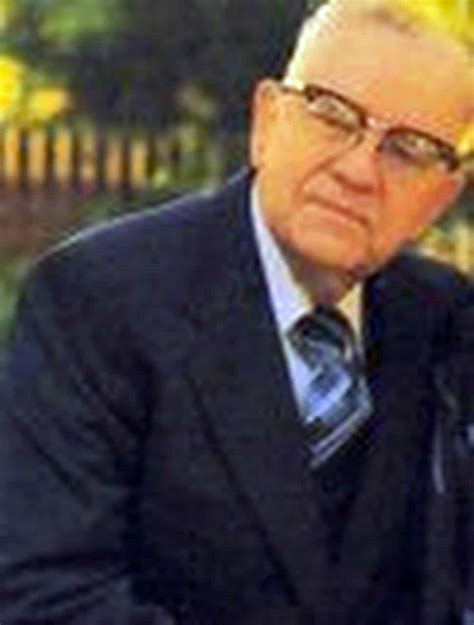A Quote by Napoleon Bonaparte
The man fitted for affairs and authority never considers individuals, but things and their consequences.
Quote Topics
Related Quotes
Every really able man, in whatever direction he works - a man of large affairs, an inventor, a statesman, an orator, a poet, a painter - if you talk sincerely with him, considers his work, however much admired, as far short of what it should be. What is this Better, this flying Ideal, but the perpetual promise of his Creator?
There is a very holy and a very terrible isolation for the conscience of every man who seeks to read the destiny in affairs for others as well as for himself, for a nation as well as for individuals. That privacy no man can intrude upon. That lonely search of the spirit for the right perhaps no man can assist.
Through the plan of prayer, God actually is inviting redeemed man into full partnership with Him; not in making the divine decisions, but in implementing those decisions in the affairs of humankind. Independently and of His own will, God makes the decisions governing the affairs of earth. The responsibility and authority for the enforcement and administration of those decisions, He has place upon the shoulders of the church.
I should esteem it the extreme of imprudence to prolong the precarious state of our national affairs, and to expose the Union to the jeopardy of successive experiments, in the chimerical pursuit of a perfect plan. I never expect to see a perfect work from imperfect man. The result of the deliberations of all collective bodies must necessarily be a compound, as well of the errors and prejudices, as of the good sense and wisdom, of the individuals of whom they are composed.
I am giving you examples of the fact that this creature man, who in his own selfish affairs is a coward to the backbone, will fight for an idea like a hero. . . . I tell you, gentlemen, if you can shew a man a piece of what he now calls God's work to do, and what he will later call by many new names, you can make him entirely reckless of the consequences to himself personally.
In America, no other distinction between man and man had ever been known but that of persons in office exercising powers by authority of the laws, and private individuals. Among these last, the poorest laborer stood on equal ground with the wealthiest millionaire, and generally on a more favored one whenever their rights seem to jar.











































